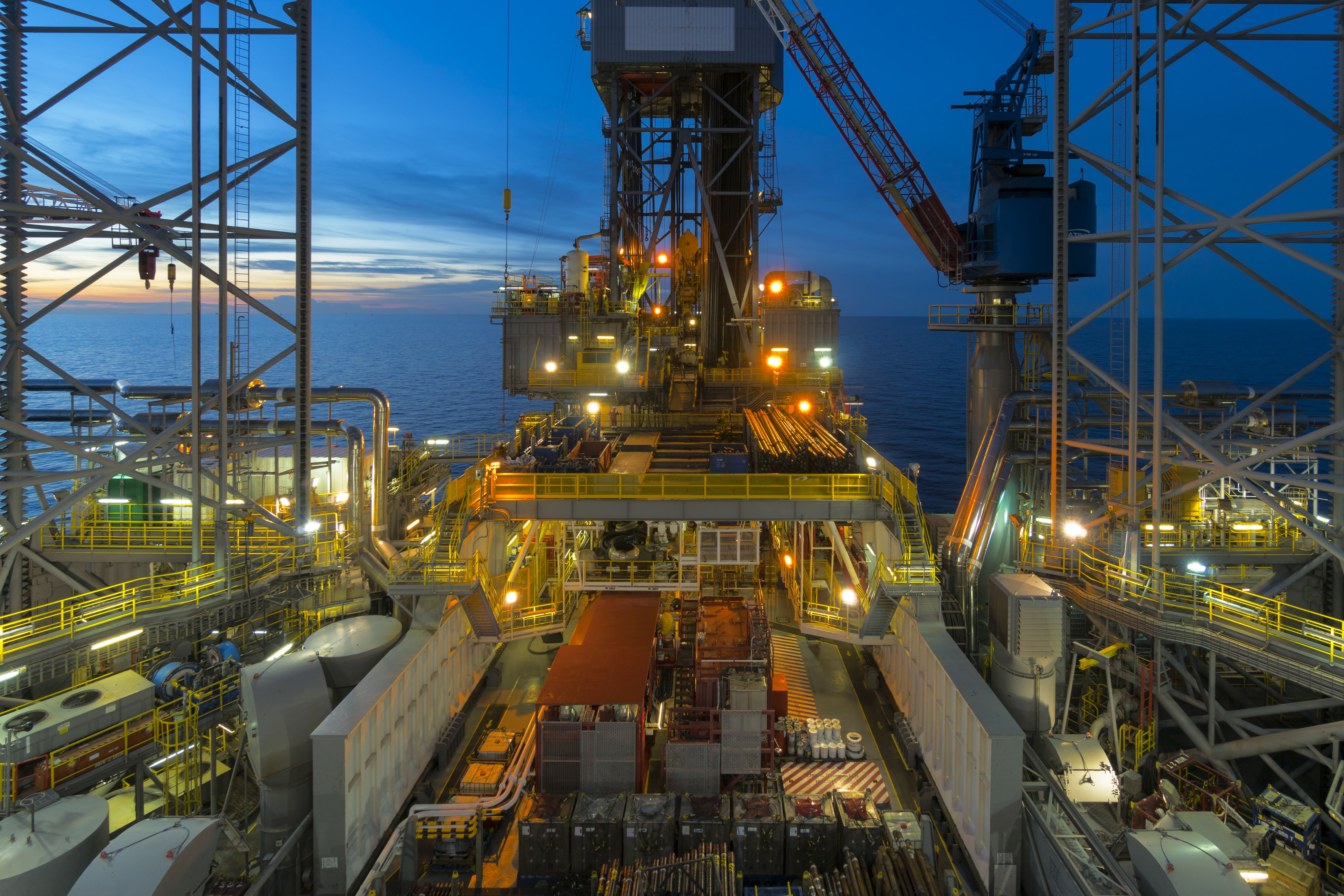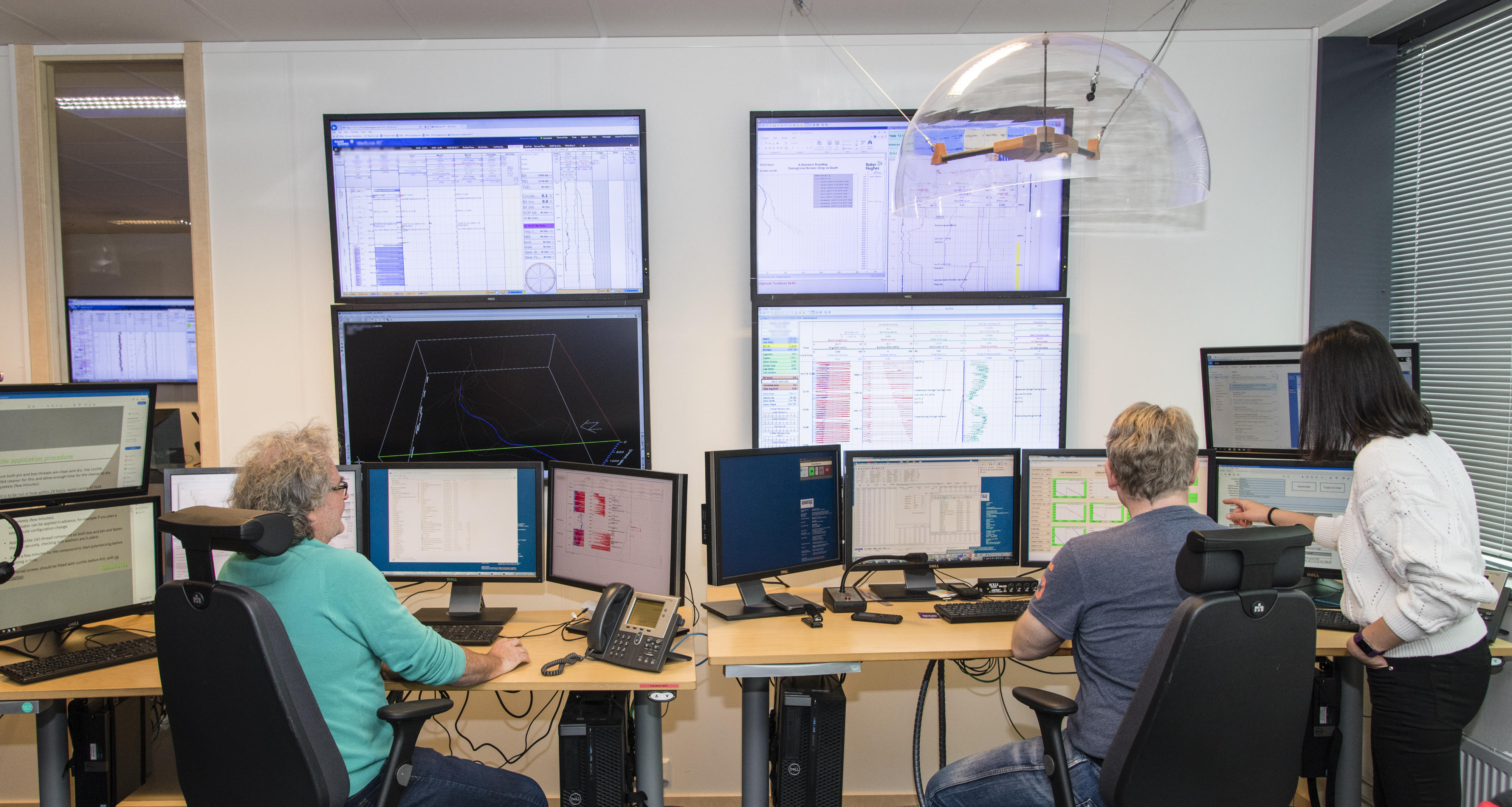Knut Henriksen, a Baker Hughes employee for 27 years, is one of many employees working with our customers to implement more integrated, remote operations offshore, and for these efforts he recently received a technology champion award from OG21, Norway’s national technology strategy developer for the energy sector.
“This award is actually more for my colleagues at Baker Hughes, for our customers, and the drilling rig crews we work with every day,” he said. We asked Knut why this recognition is important for the future of energy.
We’ve been on a journey with customers like Equinor in Norway, to develop more integrated ways of working offshore, in order to uncover new efficiencies. This model has required a new structure that allows service companies like Baker Hughes to provide a wider variety of integrated well services on a single rig. In the past, we would have had single-service contracts based on discrete services for drilling, fluids, or completions, for example. When we are delivering just one service we can only integrate so much. We can improve on things, but we are limited or confined to a specific scope of work. Now that we have a model in Norway where we are more involved across the total delivery of a given well, with multiple oilfield services product lines engaged, we have a much broader base of activity and resources. This enhances our opportunity to develop integrated solutions.
Field personnel in the oilfield services space have traditionally been very specialized. In our integrated well services projects, we have started to cross-leverage some areas of expertise into new offshore roles. For example, we’ve created a new, multi-skilled position to reduce offshore personnel for drilling fluids and cementing operations. Offshore roles are supported by personnel in our onshore remote operations centers, where subject matter experts perform tasks that don’t require being present at the rig site.
By reducing personnel required at the rig site, we are reducing helicopter trips offshore and we are relocating our people to a safer environment in an onshore center. This is driving continuous service quality improvements through accelerated learnings, and better, more effective collaboration.
It is important to put a lot of effort in ensuring employees understand the underlying reasons for this transformation. Operating costs in the North Sea must come down to sustain oilfield developments as part of the energy mix in the transition, and advances in digital infrastructure have allowed us to safely make progress toward greater efficiency and productivity.

When I joined the company in 1993, the oilfield was still in an analog state, and connectivity offshore relied on linking a single phone in the driller’s shack to our service personnel. Today we do virtual rig leadership visits, meeting the offshore crew via videoconference and touring the rig’s facilities, interviewing the crew, and following their operational data in real time—all from our office location. During one virtual visit, I asked the driller how he liked working in the integrated operations model. He said that at first, he was a bit uncomfortable with not having the directional driller at his side on the rig. But he had since realized that the availability of the directional driller had increased, since now he only had to push a button, and the expert was right there next to him on the screen! Read Nils-Tore Jorddal’s story for more information about the role of the directional driller.
I believe remote operations are an important part of making oil and gas more efficient. We know that sending less personnel to the rig site reduces travel-related emissions, but I also think that by providing remote well construction services, supported by robust technical infrastructure, we are actually improving outcomes and reducing the time it takes to safely deliver a well. Drilling rigs are becoming more energy efficient, and combined with smarter services, I think remote operations will be a major contributor toward net-zero ambitions.

I have worked for more than 40 years in the energy service industry, and my job has allowed me to travel around the world, meet a lot of great people, and continuously learn and develop. Being a small part of this industry’s ability to adapt and change over so many years is very rewarding. I once watched an old interview with Reuben C. Baker, one of our company’s founders, where he said: “We’re always working on something new at Baker.” He was right, we are still working on new things!
Energy Forward Stories
Sign up to stay up to date on the latest innovations and people shaping the future of our industry.




